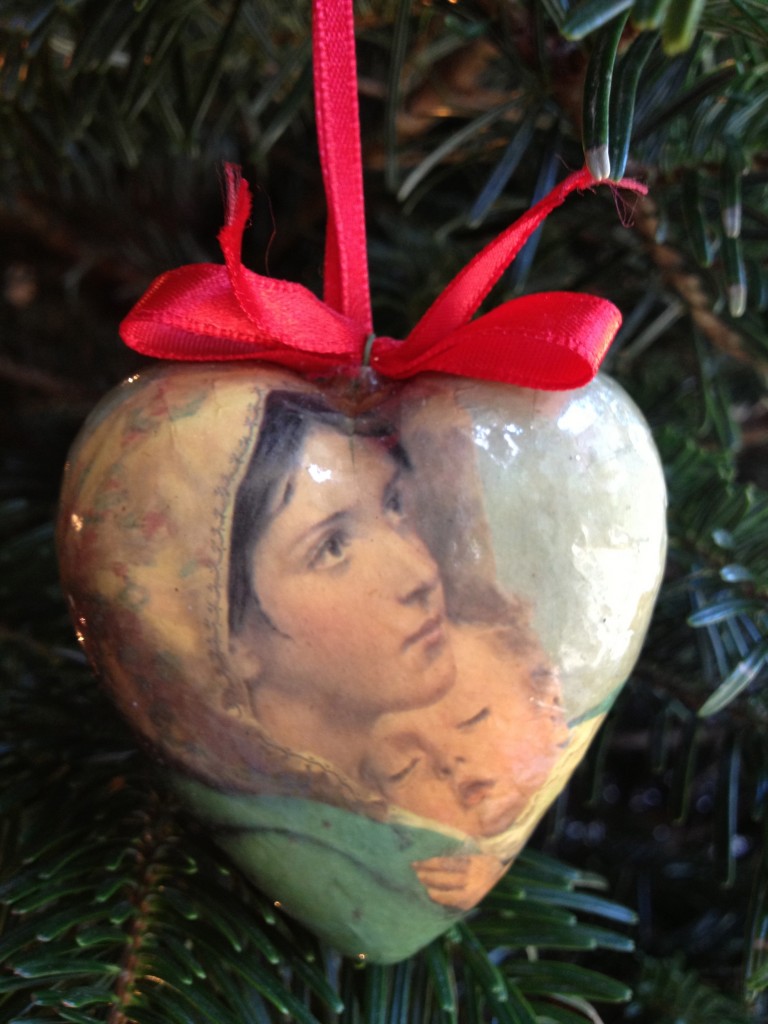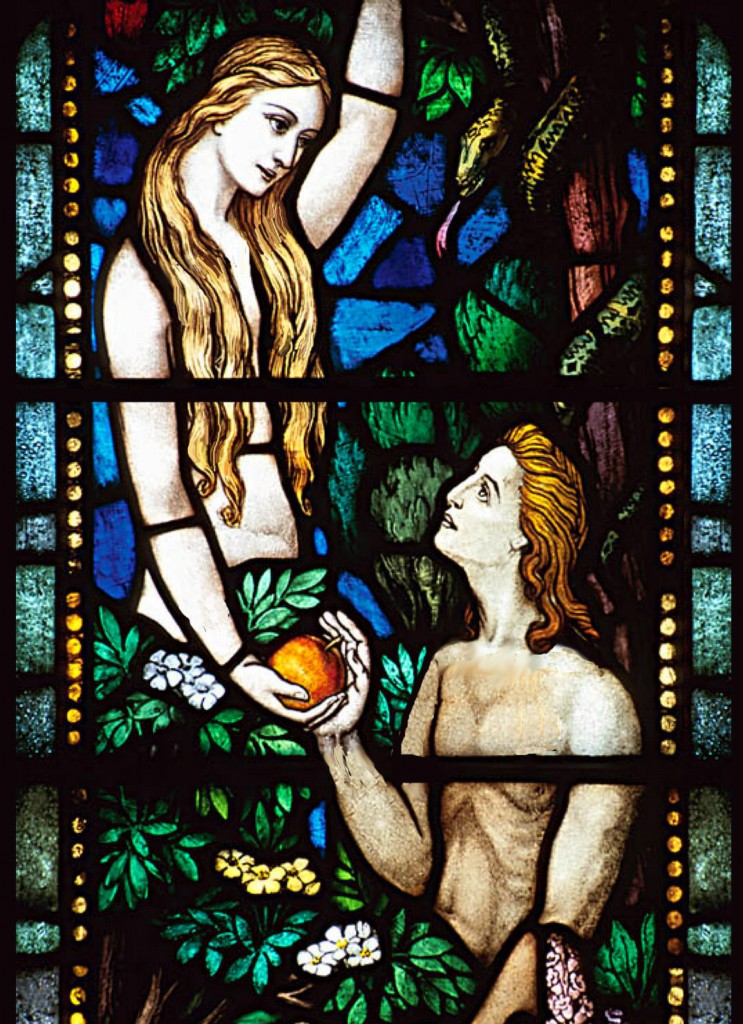We’re all a little weird. ~Dr. Seuss
Why am I such a misfit, I am not just a nitwit….why don’t I fit in?
Of all the soaring music of the season, this song keeps looping through my brain and I’m not sure why.
In a recent holiday gathering, surrounded by merry-makers, it hit me again. Why do I so often feel out-of-place? A modest Charley Brown pine amidst flashy aluminum glamour. A reindeer born with a peculiar gift. An elf with strange career goals. A misfit toy, banished for my quirks.
To be different is to wear the dreaded cone of shame, and even made-up characters know it. Ask a teenager who dares to wear last year’s fashion, or takes the less-worn path–bullies circle at the first sign of original thought. But most of us are our own bully, pecking like angry hens at our misfitness.
We assume everyone else fits in just fine.
Misfit Embrace
Good news! Tis the season for those who misfit. God has sent his beloved Son, but not to the popular crowd. Born of dubious parentage, in a backwater village, his admirers, smelly, socially awkward shepherds. The important people partied in palaces, while the Who’s Who-less knelt by a manger, warmed by the breath of watchful beasts in a homely barn. Perhaps an angel or two hummed a doxology, hovering just out of sight.
This baby, so special and wise, would gather the misfits to him, an insult to the fabulous and famous. Jesus never taught people to conform, to acquire a team spirit, to try to be like anyone else…except Him. And somehow, in fitting with Him, they become even more radiantly different than before.
In the end we will all look like Jesus, but none of us will look like each other. Why not practice what will be someday, now?
Christmas is about a misfit community you are invited to join. Come as you are, not as you aren’t–it’s the only way to get in.










